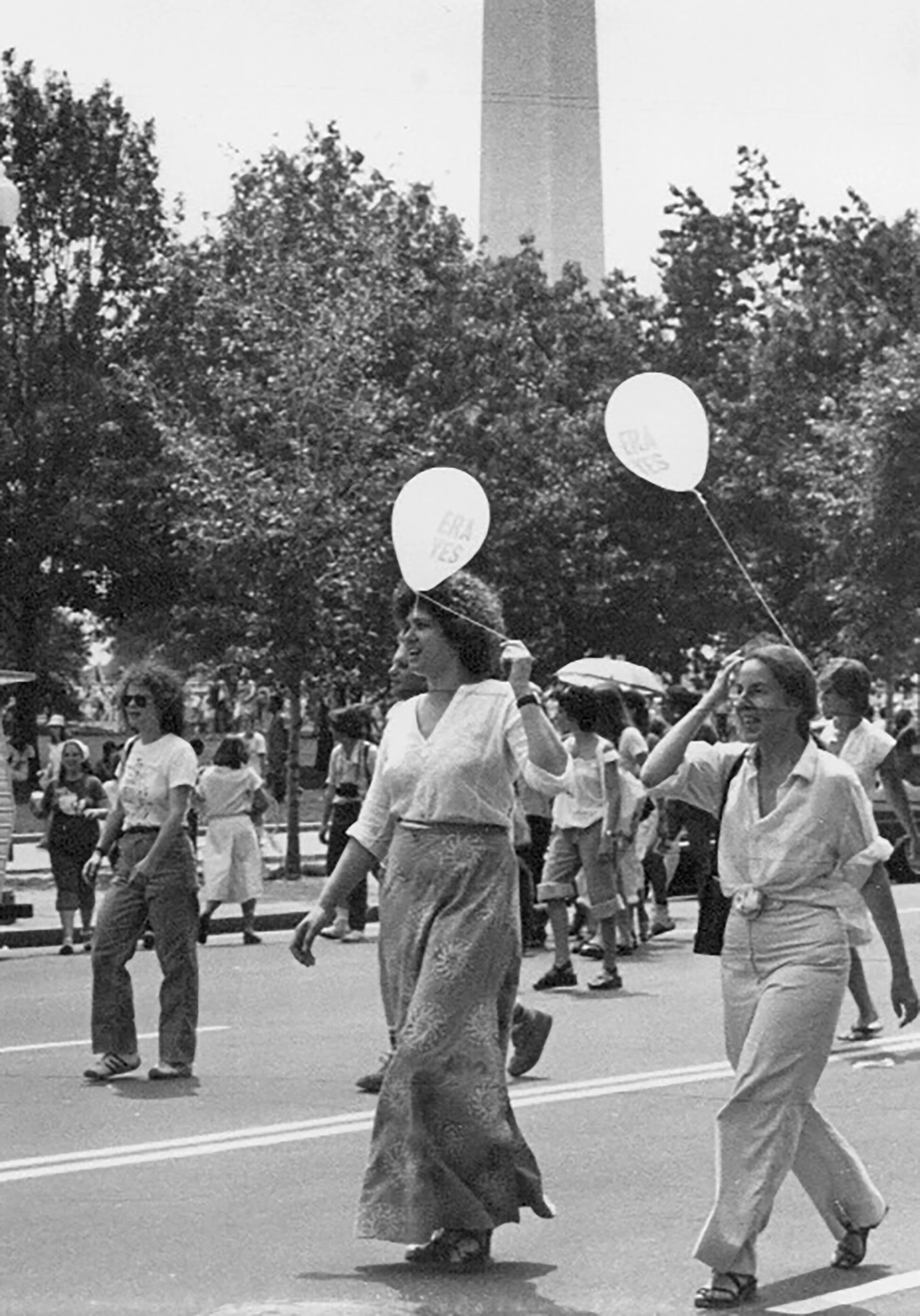Stephanie Urdang talks political activism
Stephanie Urdang grew up under the Apartheid system in South Africa and lived through the rise of the movement against Apartheid. When she was 23, she immigrated to the United States.
Photos Courtesy of Stephanie Urdang
“I was young and couldn’t figure out what to do to be part of the movement at that point and I just couldn’t tolerate living there anymore,” Urdang said. “It was very troubling to me and I left.”
Urdang will be speaking on campus Feb. 25 from 11 a.m to 1 p.m in Argyros Forum about her experiences. The lecture is titled “A Woman’s Lifetime Struggle on Gender, War, and Peace Issues” and is hosted by Wilkinson College of Arts, Humanities, and Social Sciences.
Apartheid was a system in South Africa with institutionalized racial segregation, in which only the white population had the right to vote.
“Looking back, I am very aware of the white privilege that I grew up under,” Urdang said. “My father particularly emphasized when I was a child that we shouldn’t take anything for granted. Only 15 percent of the population could vote. The white population. It was a whole political system geared to support white privilege and ensuring an economy that worked for the whites.”
When Urdang arrived in the U.S., she sought out the Anti-Apartheid Movement.
“I began to work with them to try to get the word out about Apartheid and the American complicity in the South African regime,” Urdang said.
Urdang was also part of the Divestment Movement, which urged people to withdraw money from people that did business with South Africa and not to engage with banks that issued loans to South Africa.
Stephanie Urdang was involved in the women’s movement and the Divestment Movement aimed in South Africa and immigrated to the U.S. in 1967.
“In the mid to late 1980s, it had a huge impact on South Africa because real money was withdrawn,” Urdang said. “We’re talking billions of dollars. South Africa was very vulnerable to this and very worried about the economy and while this was happening the resistance inside the country was growing enormously with constant demonstrations. (Divestment) was one of the real forces that helped bring down Apartheid from outside the country and was a very successful movement.”
Urdang was also a journalist who worked as the editor of a magazine published by the Southern African Committee. Because of her work for the magazine, she was invited to Guinea-Bissau where she interviewed women to look at the impact of the liberation had on them. As a result of the trip, she wrote her first book, “Fighting Two Colonialisms: Women in Guinea-Bissau.”
Urdang’s political involvement also translated to her activism during the revival of the Women’s Movement in the U.S. and ultimately led to her work for the United Nations (U.N.). She will be speaking more about her role with the U.N. at the event.


